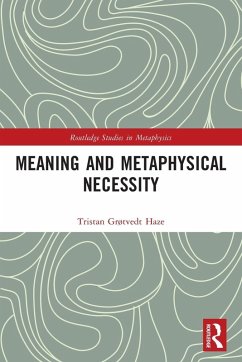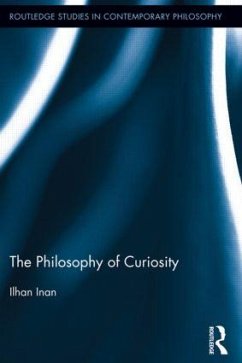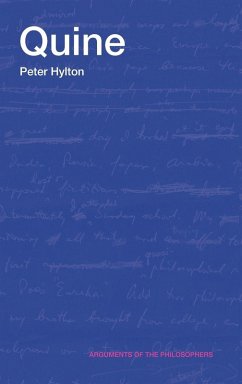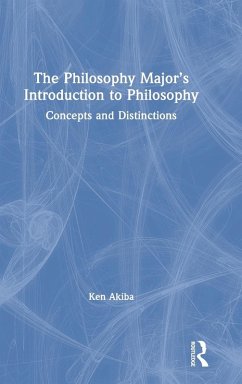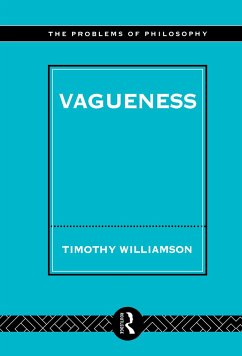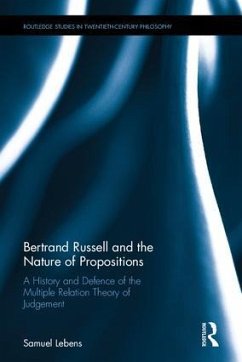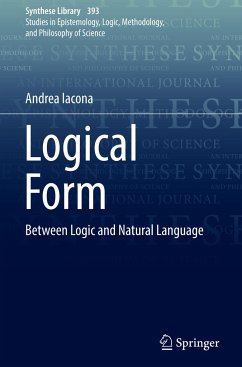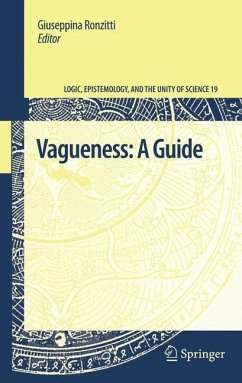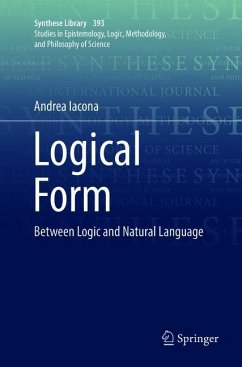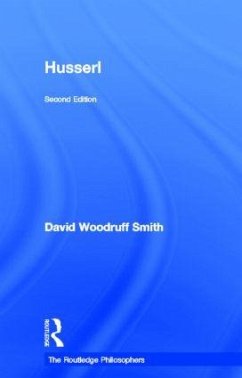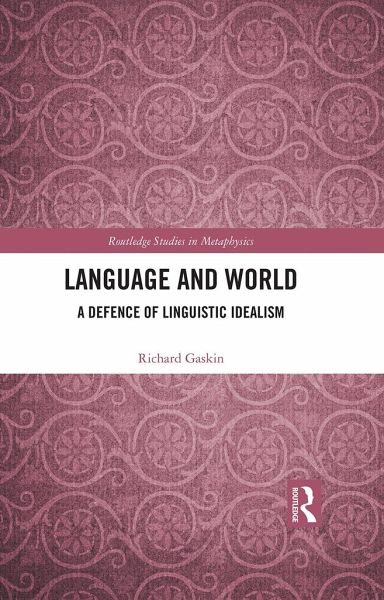
Language and World
A Defence of Linguistic Idealism
Versandkostenfrei!
Versandfertig in 1-2 Wochen
171,99 €
inkl. MwSt.
Weitere Ausgaben:

PAYBACK Punkte
86 °P sammeln!
This book defends a version of linguistic idealism, the thesis that the world is a product of language. In the course of defending this radical thesis, Gaskin addresses a wide range of topics in contemporary metaphysics, philosophy of language, philosophical logic, and syntax theory.





